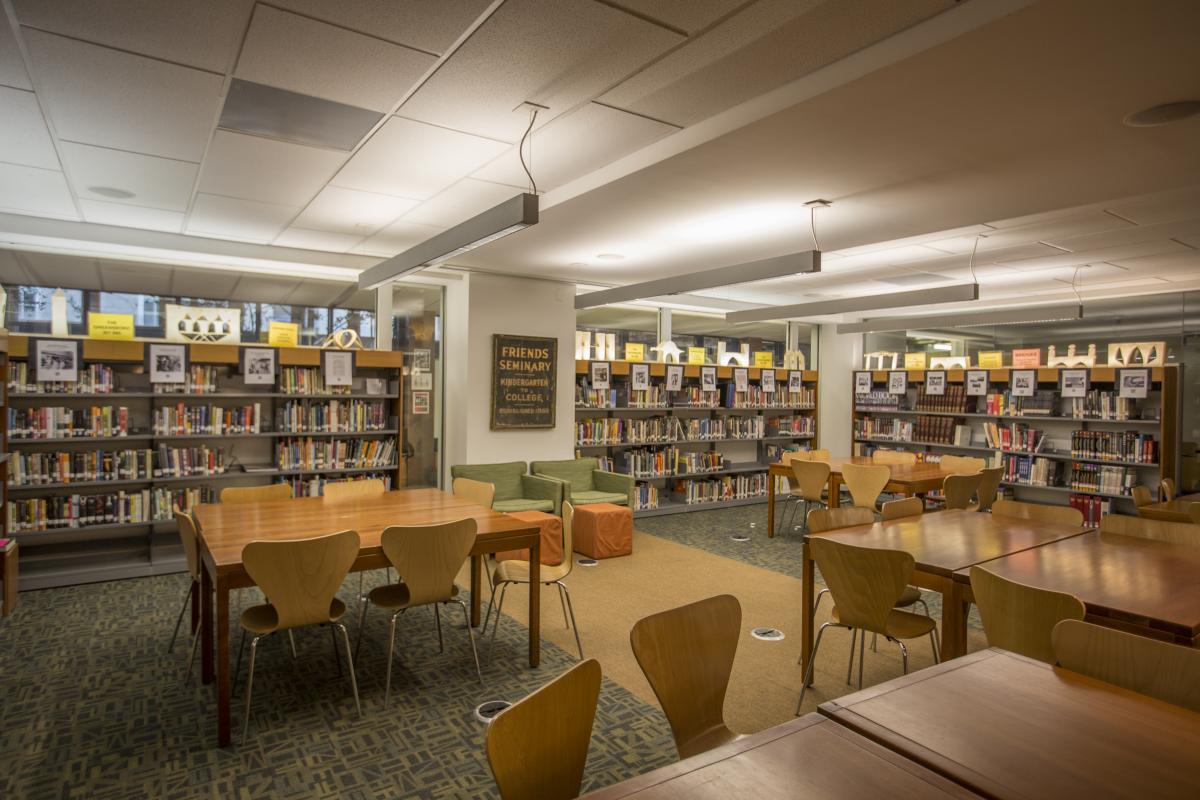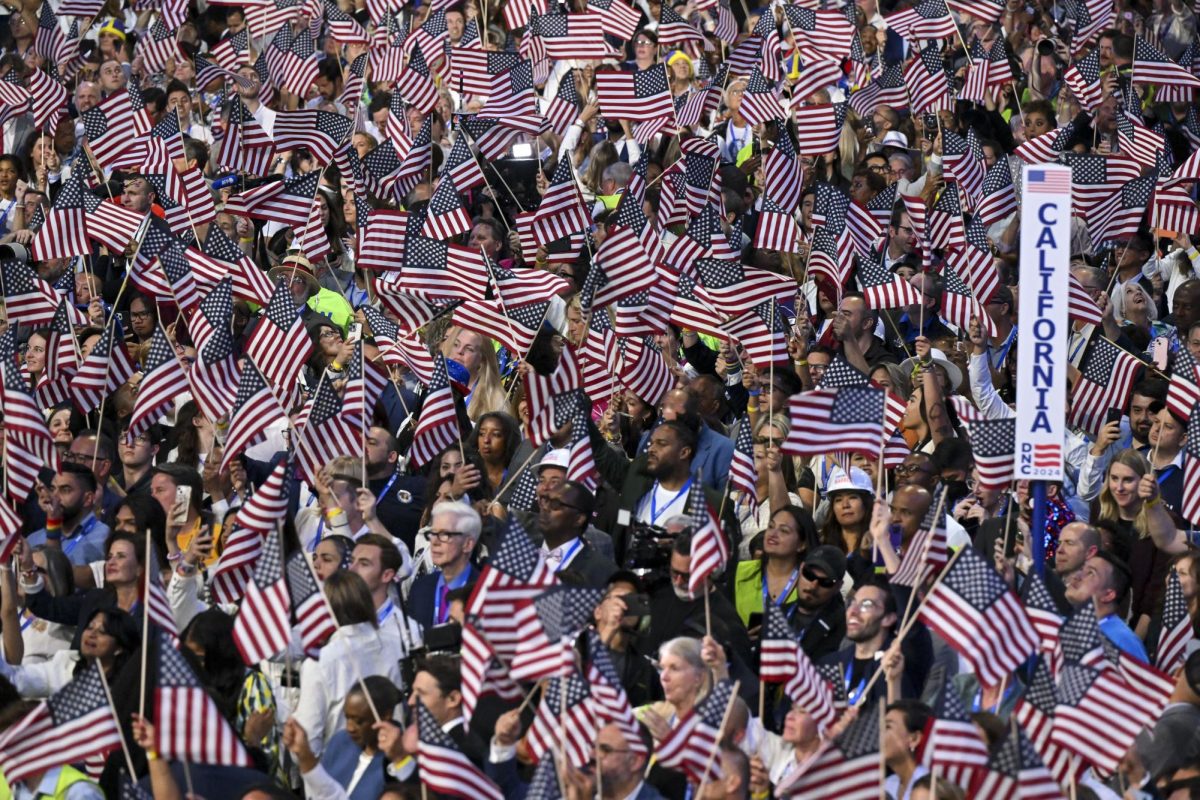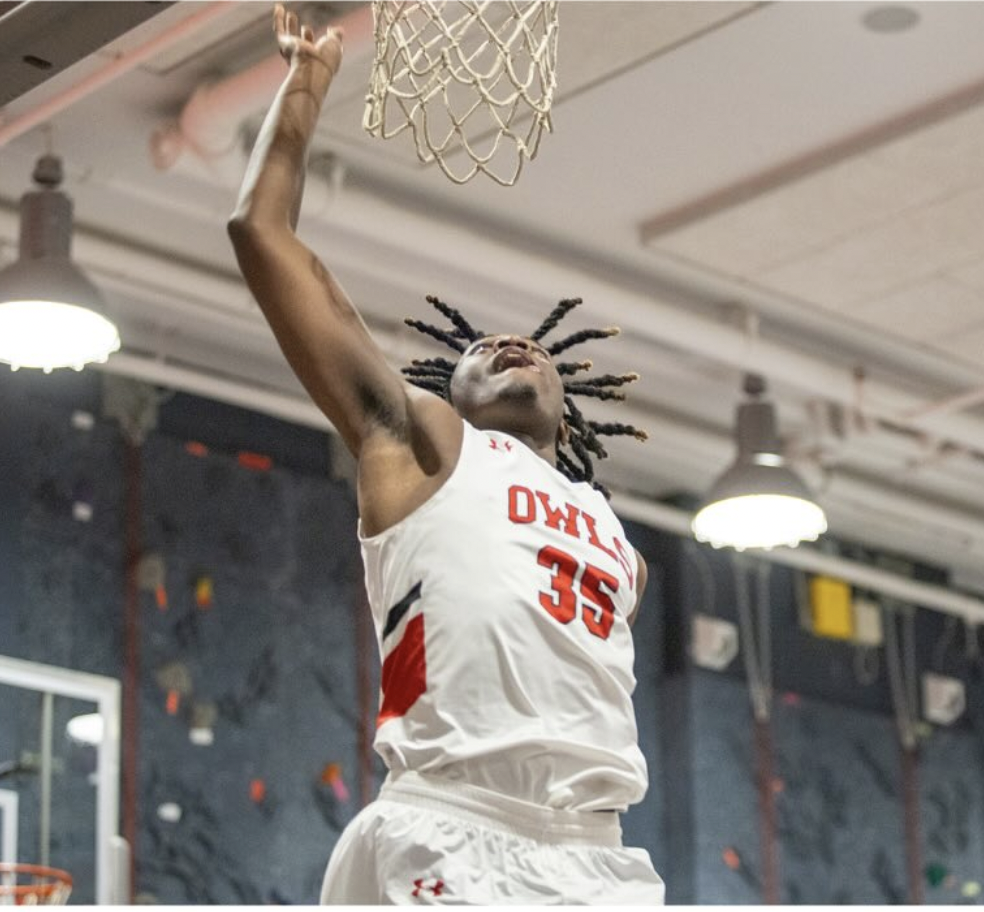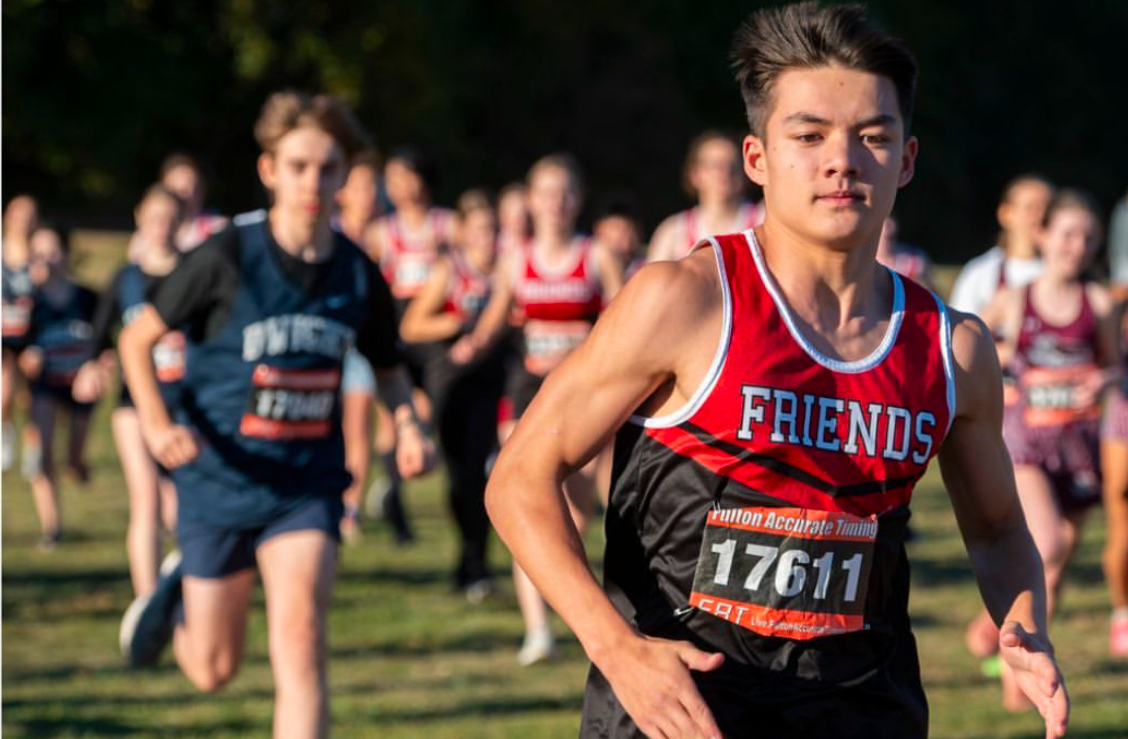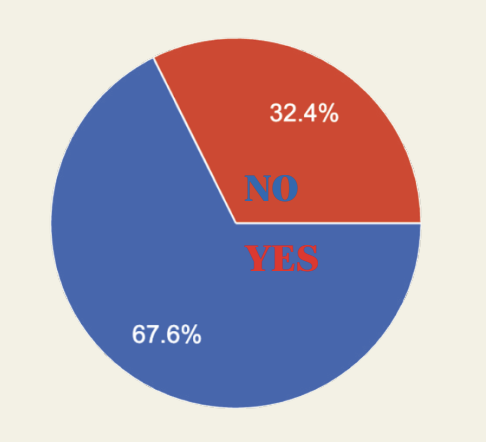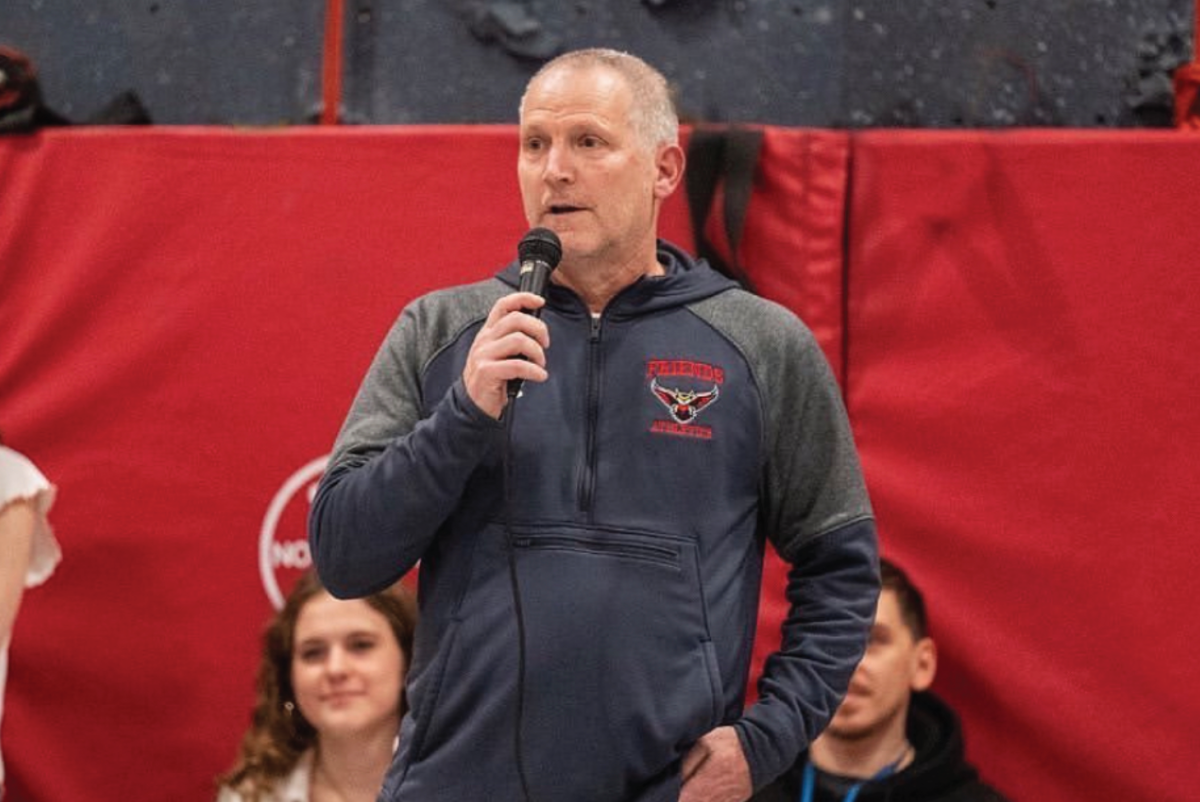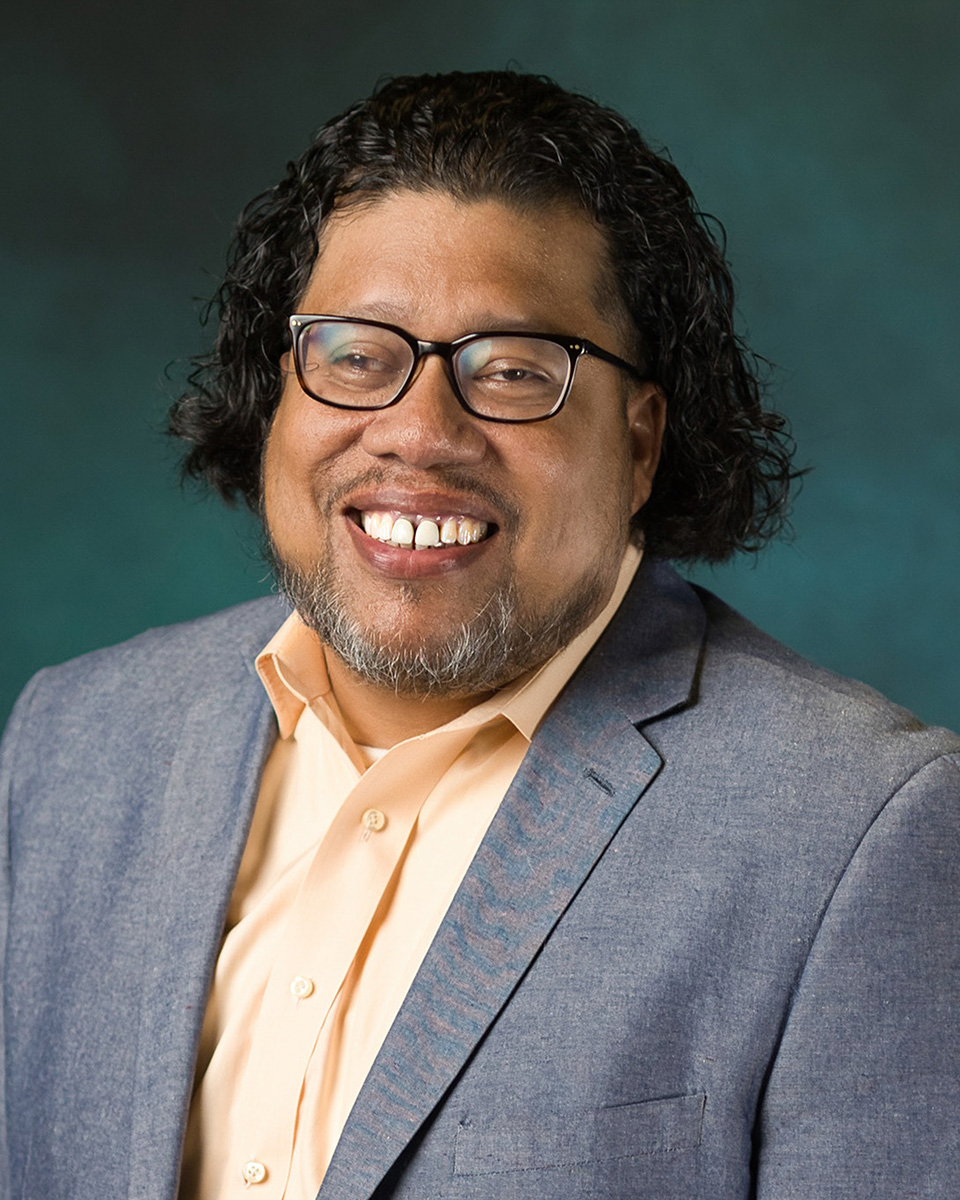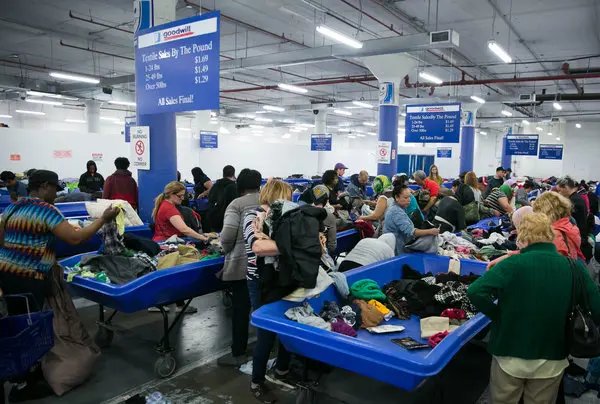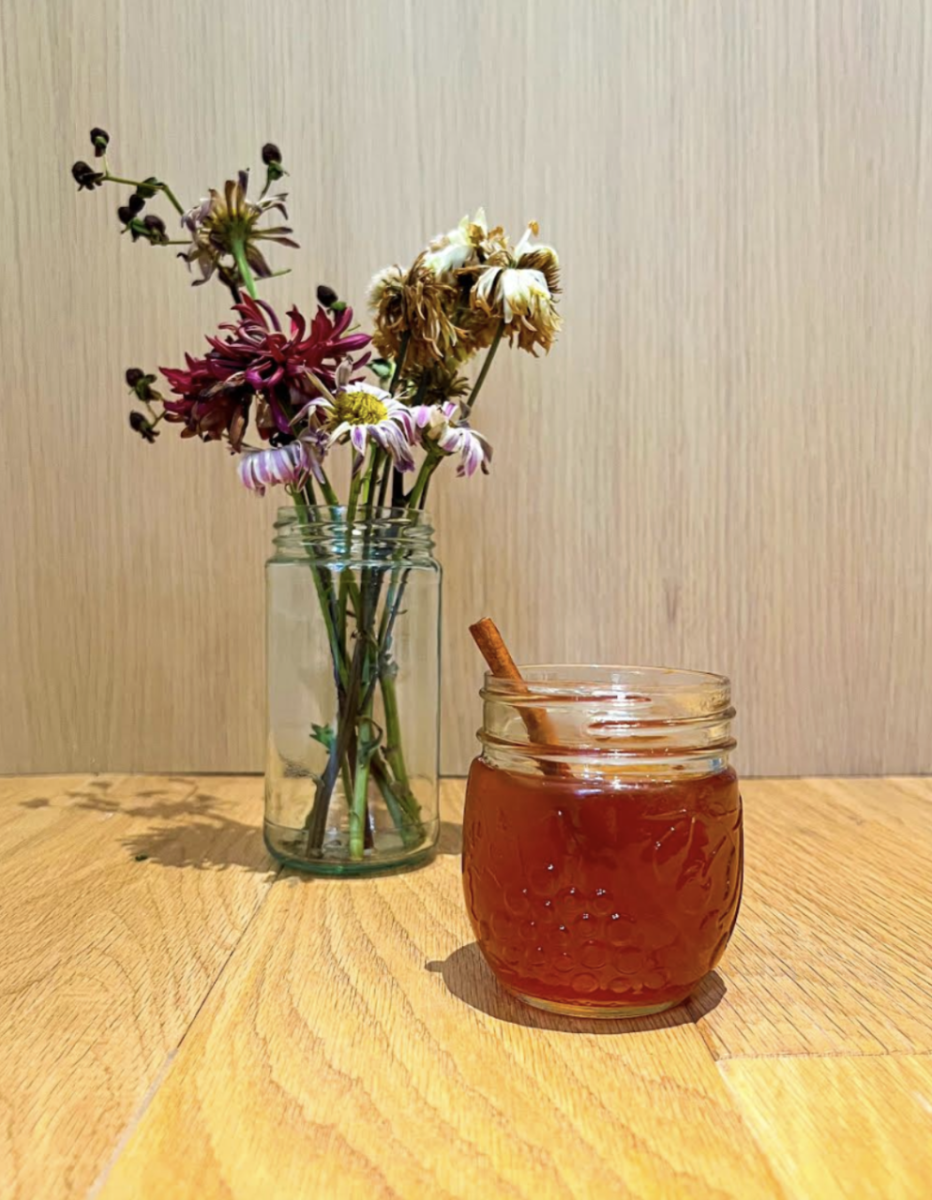On October 7, word of Hamas’s attacks in Israel instantly spread to every corner of the world, as did the shock of the war that continues to unfold. The war’s effects did not miss Friends Seminary.
Upon asking our Head of School, Bo Lauder, about the impacts of the war in our community, he responded, “I know that there’s just a lot of fear in the community, and I really lament that, because high school is not where there should be fear. The years of high school should be full of joy and not fear.” The past couple months have made it clear how quickly a bubble can burst—the collective facade of shared opinions, of safe isolation from the outside world, of the irrelevance of politics, of tentative toleration. In the wake of catastrophe and conflict, the personal histories and beliefs of individuals within a community emerge, causing controversy and division. However, the reaction in a community during times of struggle can also serve as a reminder of the support systems in place. On November 11, The Friends Weekly Digest published a newsletter from Bo, Devan, Kara, and Kirsti announcing optional teach-ins to provide context for the Israel-Hamas war. Both Middle School and Upper School students had the chance to learn the history of the conflict in Gaza, in “developmentally-appropriate lessons,” as stated in a November newsletter. Although there were clearly differences in the sessions’ levels of intensity and depth, every attendee received a basic understanding to prevent the spread of misinformation infiltrating social media platforms and word of mouth. The Jewish Culture Club released a collective comment stating, “[The teach-ins) allowed the Upper School the opportunity to start understanding the background of such a complex topic, and we look forward to continuing these necessary conversations.”
On the topic of ensuring the continuation of in-school awareness, the Friends Weekly Digest also mentioned being “in contact with a potential partner to advise us in our efforts around student programming and employee professional development.” In an effort to show support for the Jewish community at Friends and unite Jewish families in this difficult time, the school’s Parents Association will be hosting its first Shabbat dinner on December 15.
It is no surprise that anti-Semitism is running rampant at this time, especially in New York City, which has the largest population of Jews outside of Israel. The American Friends Service Committee has a history of taking an pro-Palestinian stance, and I asked Bo how he plans to square that with combating the drastic rise in hate. He responded, “Our beliefs and our responsibilities are not the same as the AFSC. We’re a school, we’re not an activist group, we’re not a relief group — so I really don’t square who we are as a school and AFSC’s positions and activities.” Additionally, Bo spoke of the Ramallah Friends school in the West Bank (three alumni of which were shot in Vermont four days after this interview) that Friends Seminary has a close relationship with; over the years, Friends students have even visited it to study abroad. However, Bo reinforced the separation of blanket political stances from Friends’ interscholastic relationships, saying, “It’s a sister school relationship, it’s not a political relationship.” Bo mentioned that “we don’t have a position because we don’t take political positions” as a reminder that Friends is an independent institution with a set of principles and values to guide internal discourse and feelings of safety in the community, but without political allegiances.
There has also been collaboration between heads of schools in New York to discuss handling this highly sensitive situation. Bo said that he participated in a meeting involving approximately twenty heads of schools at Temple Emanuel, called by the rabbis of the three largest synagogues in the city. He described the gathering as “mutually supportive” as well as “incredibly productive and informative.” Additionally, in the newsletter mentioned previously, he states that members of the administration have participated in several programs “provided by Jewish organizations that focus on anti-Semitism.” Bo claimed to be confident in there being “a wealth of materials to help schools navigate this.”
While the history of the ongoing Israel-Palestine conflict is multifaceted, this fall’s initial violence was not. Bo acknowledged that his first email directly addressing the original Hamas attack did not accomplish what it should have, leaving the school’s opinions on the matter too vague and drawing an unintentional semblance of moral equivalency between the deaths of Israeli civilians and Hamas terrorists. An abundance of similar— and often more drastic and permanent—mistakes have been made: Academic leaders at institutions all across the country, such as the University of Pennsylvania, failed to show support for the Jewish community and refused to acknowledge calls for genocide of the Jewish people as a violation of their bullying and harassment policies. When asked what makes the war in the Middle East such a difficult topic to discuss, Bo replied, “I think if I knew all the components that made it difficult to talk about, it would actually be very personally helpful. It’s the combination of religion and politics, and we all know that those are two of the toughest topics to talk about.”
The struggle to not only separate Israelis from the Israeli government but Jews anywhere from the Israeli government, and to separate Muslims from the terrorist group that committed the heinous attack on October 7th, contributes to heightened disagreement about the topic. Friends Seminary’s Faith & Practice document recognizes this in its section about diversity: “It begins with the idea of seeing ourselves in others and others in ourselves— seeing our fundamental connectedness—but it demands more, because starting with ourselves may lead to making assumptions that blind us to the reality of others… part of that challenge is the need to peel away ingrained conditioning and to be open to continuing revelation.”

